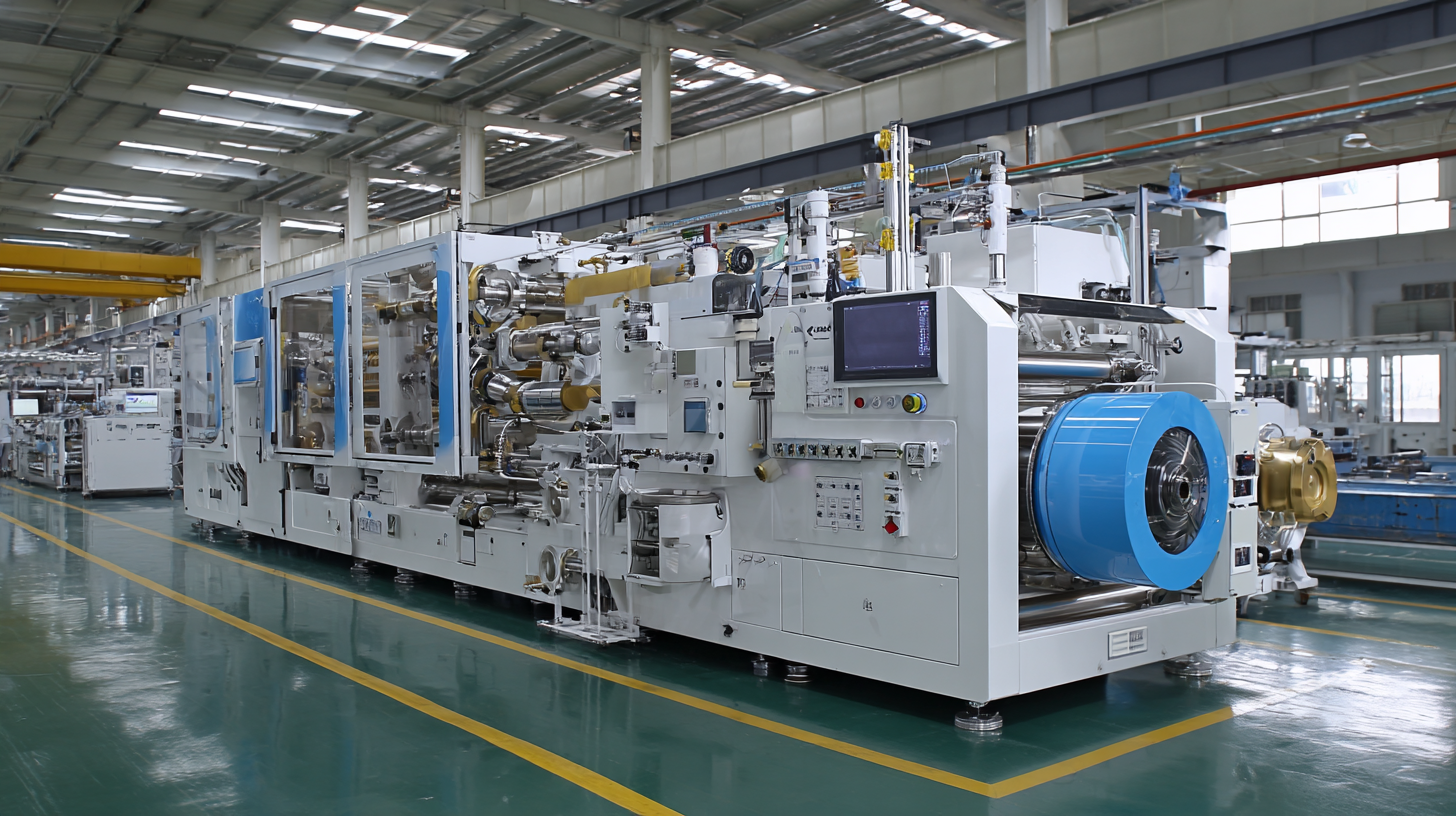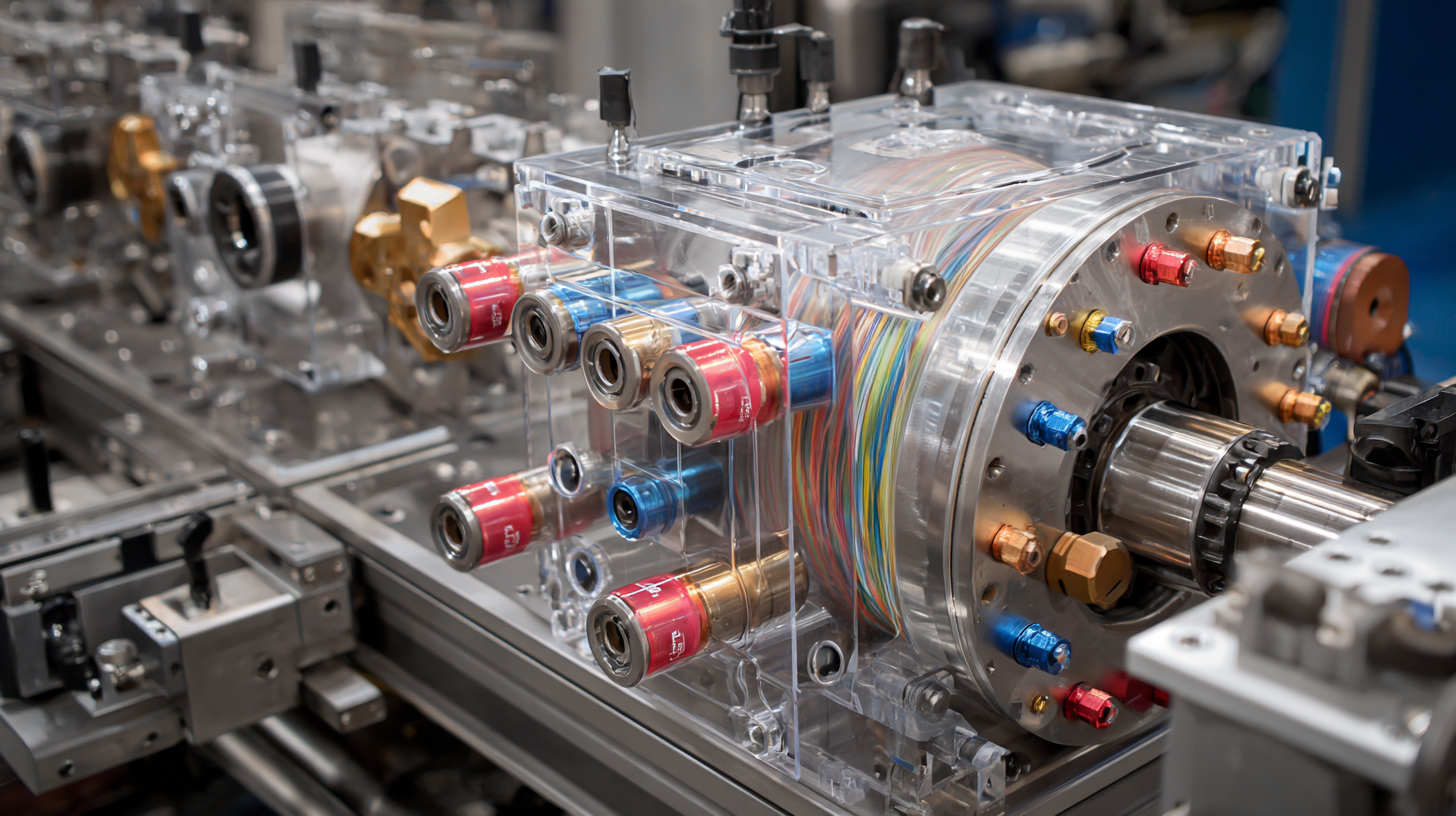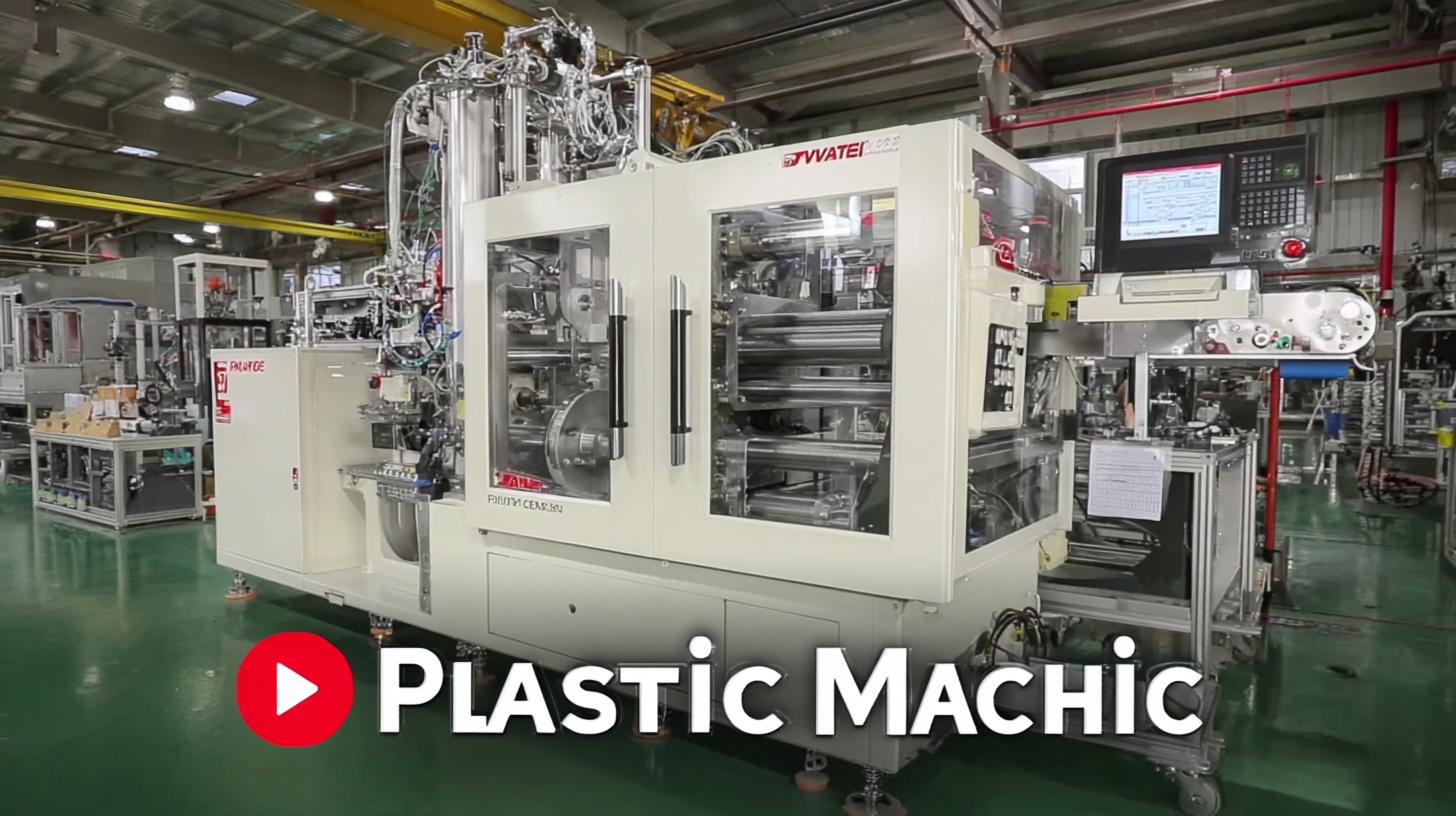
In the rapidly evolving world of plastics, the demand for high-quality Plastic Profile Extrusion Machines has seen a significant surge. According to a recent report by MarketsandMarkets, the global extrusion equipment market is projected to reach $8.1 billion by 2026, driven by the increasing need for efficient and precise manufacturing processes across various industries. As companies strive to enhance production capabilities while maintaining cost-effectiveness, choosing the right manufacturer for Plastic Profile Extrusion Machines becomes paramount. The selection process involves not just evaluating machine specifications, but also considering factors like reliability, after-sales support, and technological advancements. This checklist aims to guide potential buyers in navigating the complexities of vendor selection to ensure they invest in a machine that meets their specific production needs and standards.

When selecting a plastic profile extrusion machine, it is crucial to consider key factors that will impact both the efficiency and quality of production. One of the most important aspects is the machine's capability to handle various materials. The market for extruded plastics is robust, with a size estimated at USD 170.74 billion in 2023, projected to grow at a CAGR of 3.9% from 2024 to 2030. This growth is driven by increasing demand in sectors such as construction, automotive, and packaging. Therefore, the chosen machine must accommodate a range of plastic types to meet diverse production needs.

Another vital consideration is the technology and features of the machine. Innovations in automation and precision engineering can significantly enhance productivity and quality. For instance, advancements like high precision CNC roll bending machines equipped with servo electric cylinders allow for improved profile bending capabilities. Furthermore, implementing an enterprise resource planning (ERP) system can streamline operations and optimize inventory management in plastic processing facilities. Such technological integrations not only boost operational efficiency but also ensure that manufacturers stay competitive in a rapidly evolving market.
When it comes to choosing the right plastic profile extrusion machine, understanding the different types available is crucial. There are various machines designed for specific applications, ranging from single-screw and twin-screw extruders to co-extruders and blow film extruders. Each type has its advantages: single-screw machines are typically easier to operate, while twin-screw machines excel at mixing and processing diverse materials. It's essential to evaluate your production needs and the types of profiles you intend to produce, as this will guide you in selecting the most suitable option for your operations.

Tips: Consider the material compatibility and maximum output capacity of the machine. If you're working with various thermoplastics, opting for a machine with adjustable temperature zones can enhance performance. Also, don't overlook the importance of ease of maintenance and support from the manufacturer. Machines that feature modular designs often allow for quicker part replacements, minimizing downtime.
Furthermore, the size and flexibility of the machine play a significant role in long-term productivity. If your production involves multiple profile shapes, a machine with interchangeable components can save you time and resources. Assessing the machine's footprint in relation to your production space is also important to ensure efficient workflow and operations.
When selecting a plastic profile extrusion machine, evaluating performance and efficiency becomes paramount. The efficiency of an extrusion machine is often determined by its throughput rate and energy consumption. A machine that can process a higher volume of plastic while minimizing energy usage not only boosts production capabilities but also reduces operational costs. It's vital to investigate the machine's specifications, such as barrel size, screw design, and temperature control systems, as these elements significantly impact the quality of the extrusion and the consistency of the output.
Another important aspect to consider is the machine's ability to maintain optimal performance during long production runs. Features like automatic temperature regulation, advanced control systems, and quick-change tooling can enhance both efficiency and productivity. Furthermore, machines equipped with monitoring systems can provide real-time data, enabling operators to make informed adjustments to improve performance. By focusing on these critical factors, manufacturers can ensure they choose a plastic profile extrusion machine that meets their needs and drives long-term success in their operations.
When selecting a plastic profile extrusion machine,
the reputation of the manufacturer plays an integral role in ensuring longevity and efficiency of operations.
A recent report from Grand View Research indicates that the global plastic extrusion market size is expected to reach
USD 50.43 billion by 2025, underscoring the competitive nature of this industry.
Manufacturers with a solid reputation are often more invested in quality control, utilizing advanced technologies and sustainable practices,
which can significantly impact the performance and reliability of their extrusion machines.
Furthermore, customer reviews and case studies become increasingly important when evaluating a manufacturer's track record.
According to a survey conducted by Research and Markets, over 70% of buyers prioritize a manufacturer’s reputation
and customer support before making a purchase decision. Established manufacturers tend to offer better after-sales support,
which is crucial for maintenance and troubleshooting, thus minimizing downtime. Investing in a reputable manufacturer not only ensures quality machinery
but also provides peace of mind, knowing that you have a reliable partner in your extrusion journey.
When considering an investment in a plastic profile extrusion machine, cost analysis is crucial for effective budgeting. According to a recent industry report by MarketsandMarkets, the global plastic extrusion market is projected to reach $284 billion by 2026, growing at a CAGR of 6.1%. This growth underscores the necessity for manufacturers to carefully evaluate their equipment purchases. A quality extrusion machine not only ensures higher output and better precision but can also lead to significant savings on material costs due to its efficiency.
Investing in a top-tier extrusion machine typically demands an upfront cost ranging from $50,000 to $200,000, depending on the specifications and technology. However, this initial investment can yield long-term financial benefits. Research from TechSci Research indicates that the right extrusion machine can improve a company's production rate by 30%, thus enhancing overall profitability. Furthermore, incorporating advanced automation and control systems can reduce labor costs and downtime, making premium machines an appealing option in the competitive landscape of plastic manufacturing.
